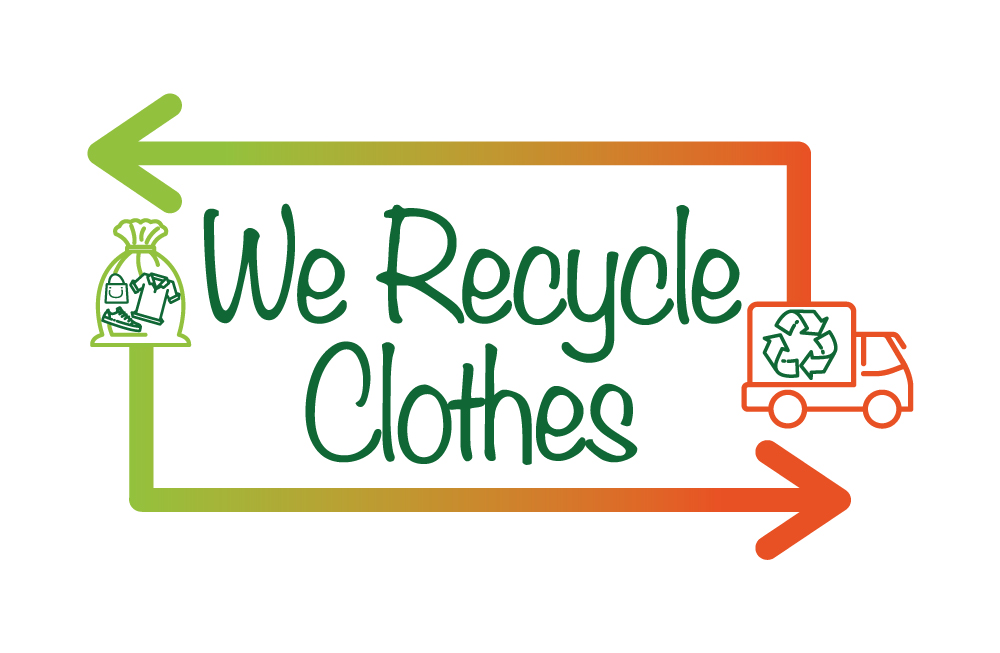A new rule in France that requires producers of waste-generating consumer products to disclose data on recyclability is having a ripple effect in Japan. The rule was introduced only this year, but it has already accelerated the fashion industry’s efforts to reduce its CO2 footprint and even helped give birth to one of Japan’s hottest startups.
Japan’s textile exports are strongly dependent on European high fashion brands as clients. And while the domestic textile industry has always looked at ways to improve efficiency and engaged in some recycling, concern about the environmental impact of the world’s No. 3 polluting industry has set off a whirlpool of creative thinking among Japanese fashion companies.
The change has been a boon for Biotechworks-H2, a startup that turns textile waste into a feedstock for making hydrogen. Founded in Tokyo only in July, the company has launched three domestic hydrogen production projects and is preparing another in Malaysia next year, claiming that it will supply “green” H2.
Concern over how to transform industrial waste into new products of value isn’t limited to Japan’s fashion industry. Waste-recycling initiatives are starting to pop up in the agri, food, and even steel sectors. They are driven both by regulatory pressure and advances in material reprocessing. As we enter the Recycling 2.0 era, in which an old textile can be reborn not only as a new textile, business opportunities are arising for those willing to seek creative “second-life” solutions for second-hand resources.

